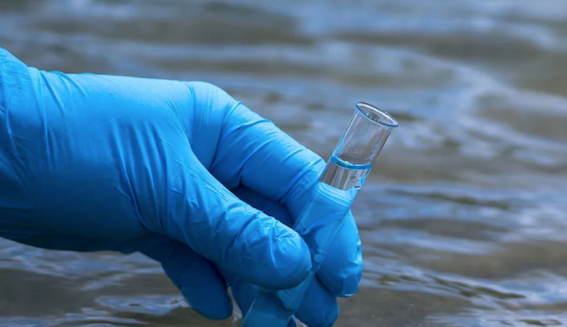
image credit- shutterstock
The Institute of Environmental Science and Research) and Ministry of Health in New Zealand have established routine poliovirus testing in wastewater following a successful three-month pilot.
The decision to introduce poliovirus wastewater testing is in response to the increased risk of poliovirus globally. In November 2022,the World Health Organisation (WHO) advised of an increase in polio activity in areas which have previously seen polio eradication.
In New Zealand, children are immunised against 13 preventable diseases, including polio, whooping cough, chickenpox and measles. These immunisations are free for babies, children, adolescents, and pregnant people.
Wastewater testing can detect different types of poliovirus – some of which are disease causing and some of which are not. When poliovirus is detected, further testing occurs to identify the type of poliovirus. For example, when someone has recently had oral polio vaccine (OPV), they can excrete non-disease-causing viruses in faeces and this can be detected in wastewater.
Wastewater testing for poliovirus is already in routine in many countries, including Japan and Australia.
Having this tool available in New Zealand, has already yielded the first detection of a non-disease-causing type 3 vaccine strain, or a Sabin-like virus, in a wastewater sample. This was likely being shed by someone who had recently been vaccinated overseas with an oral polio vaccine.
Poliovirus testing is currently being carried out on wastewater samples collected from Auckland, Wellington, Christchurch, and Queenstown.




